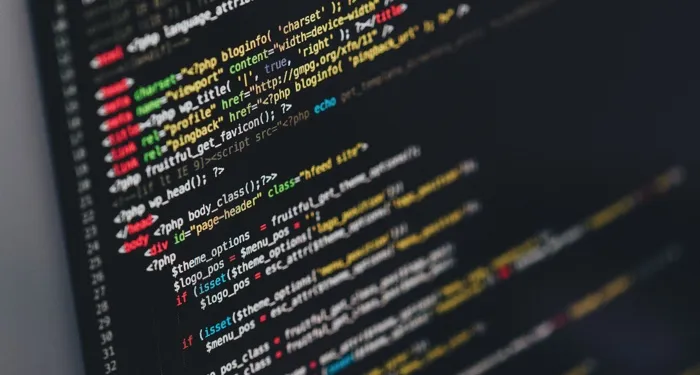
In today's fast-changing economy, small business owners face many challenges during tough financial times. CPA Mark Mayoka draws on over twenty-five years of experience with both individuals and large companies to explain how careful planning and clear analysis can help guide businesses through uncertainty.
Mayoka uses modern tools like AI and advanced analytics to show how weaknesses can be spotted and risks managed. His guide explains ways to reduce costs and maintain steady cash flow while handling unexpected obstacles. This practical advice is grounded in real-world experience and aims to help business owners steer through hard times with a clear plan.
Excerpt from Financial Crisis Planning For Small Business © Copyright 2025 Mark Mayoka
PART I
THE MISSION PLAN
Battlefield Strategies for Crisis Management
At the time of this writing, there was an assassination attempt on the life of [redacted as per initial prompt] (The Republican nominee for President) while campaigning in Pennsylvania. Japan's Nikkei saw the largest correction since 1987, and the AI stock market bubble has begun to pop. In addition, the Federal reserve has telegraphed the need to lower interest rates due to an uptick in the unemployment rate and a softening of the economy. Needless to say, financial and political storms are on the horizon—if not already here. I have updated this second edition to help small businesses better build resiliencies to weather the much-anticipated recession resulting from current Federal Reserve policies. New technology-based platforms, many utilizing artificial intelligence (AI), are more readily available than ever before in helping to preserve and protect your business as well as to help level the playing field with much larger companies. The new core Technologies section (page 80) focuses on ways small businesses can strengthen their marketing, security, communication, and office productivity capabilities. The bottom line in business these days has become both more straightforward and more challenging: all businesses globally will eventually be in a financial crisis. It happened in 2007-2009 and more recently with the onset of COVID-19 in 2020. Destructive forces not seen since the Great Depression of the 1930s have ravaged our economy in the past and will do so in the future. Small businesses—those with fewer than 500 employees—not only employ about half of all United States workers; they comprise 99.9% of all U.S. businesses, according to the Small Business Administration—some 33 million businesses.
Today, a significant number of those businesses will find themselves in a fast-changing, brutally challenging, and dangerous Darwinian struggle for survival. You will need to be almost compulsively vigilant over your own cash flow and operating costs; you will not be able to trust people's credit anymore.
My profession is online marketing and development (10+ years experience), check my latest mobile app called Upcoming or my Chrome extensions for ChatGPT. But my real passion is reading books both fiction and non-fiction. I have several favorite authors like James Redfield or Daniel Keyes. If I read a book I always want to find the best part of it, every book has its unique value.



















 English (US) ·
English (US) ·